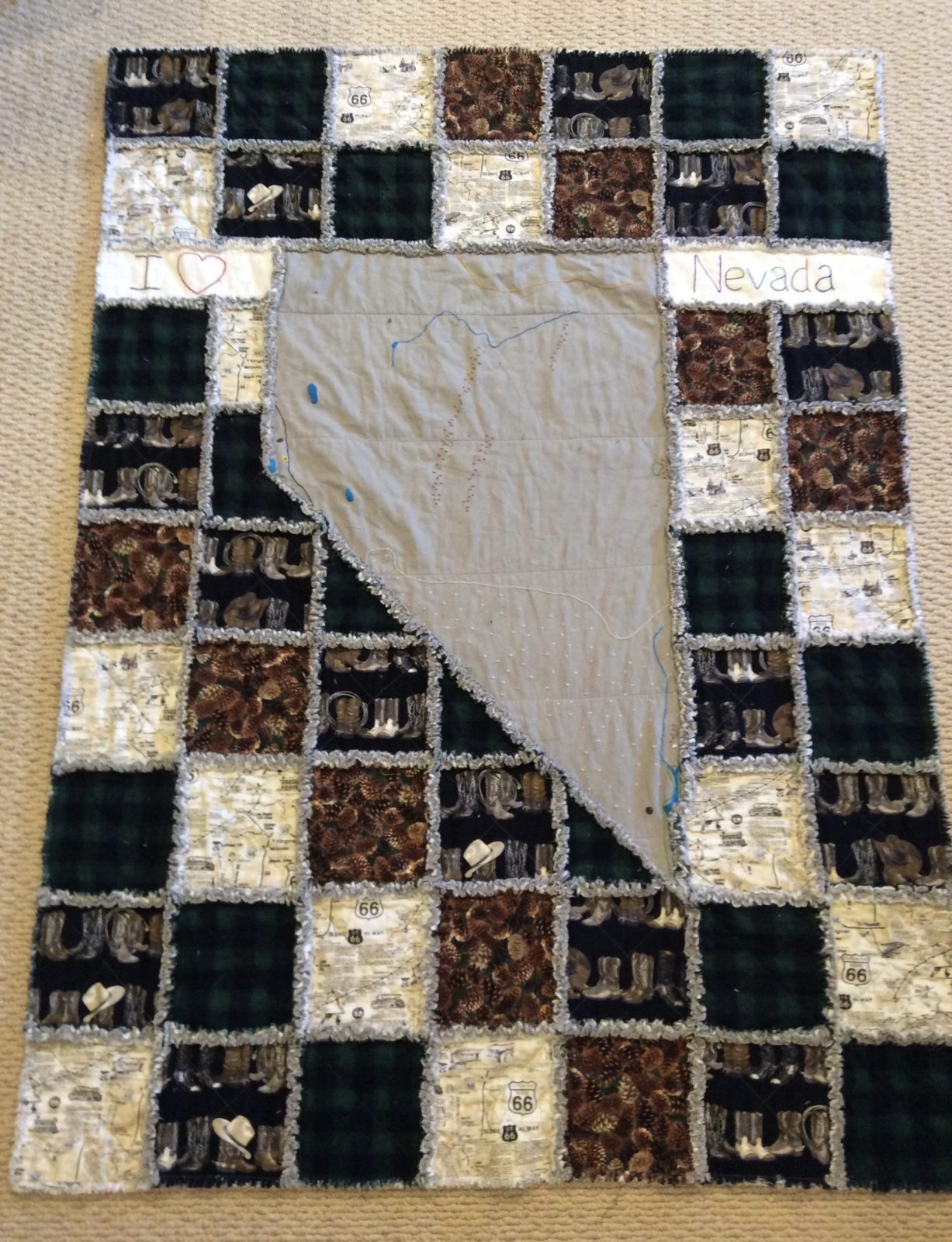
One of the most familiar elements of classical education is training in rhetoric, the art of persuasive speaking or writing. At Wilson Hill this training culminates in Senior Thesis—as the last step toward graduation, a senior writes and defends a thesis on a particular topic of interest. Though this project may sound intimidating, our curriculum is designed to begin preparing students before they even reach the School of Rhetoric to not only succeed in Senior Thesis but to delight in the process.
One excellent opportunity for students to receive this preparation is in our Fundamentals of Research and Presentation class. In this course students practice logic level research and presentation skills using the history and geography of their own home area (state, province or country) for content. Students hone both their written and oral rhetorical skills as they develop clear and engaging presentations. This course is a fun way for students to learn not just about their own states but also about the areas their classmates call home—possibly on the other side of the world!
Recently, Wilson Hill student Jessie Clauson shared with us her enthusiasm for what she learned in this class. We talked with her as well as her mom, Kari, and FORP teacher, Josie Lowery.
WHA: Mrs. Lowery, can you explain the goals of this course?
JL: Yes—FORP is our founder Nancy Donaldson’s brainchild. She was excited about fostering our students’ love of learning and academic ownership by challenging them to not only explore their state’s fascinating facts and stories but also to practice early rhetorical skills by winsomely sharing what they learn with their classmates. For their presentations, Nancy didn’t want them to just do another report—to research and then write this report about Indiana. Nancy explained, “State history can be great, but I want them to learn more! I want them to come up with some way to show what they’ve learned that’s creative and still academic, that teaches them new and invaluable skills.” This course gives students a way to explore a familiar and interesting subject more deeply and then to bring that subject to life for others. What they learn tends also to give them a deeper appreciation for the place in which God has set them, which, in turn, increases their appreciation for their classmates’ home regions and beyond.
WHA: How does this course fit into the Wilson Hill curriculum as a whole?
JL: For U.S. students, the FORP class fulfills the typical requirements for a state history class in 7th or 8th grade. This course also helps students prepare for rhetoric level academics, which require the ability to communicate what they are learning in clear and concise ways. FORP gives students a taste of what it’s like to prepare and deliver a thesis. In fact, I ask them to pick one senior thesis to attend in the spring to get an idea of what they look like.
WHA: The final project is the culmination of the semester’s work. What are the parameters for that and what do you hope to see from students?
JL: Each student creates a state timeline project using the medium of their choice. We use periodic checkpoints during the year to assess their progress. Students are evaluated on the information they gather for their projects as well as on their presentation skills. Asking students to be creative helps them focus less on grades and more on learning and learning how to learn. Really, it boils down to learning how to be a lifelong learner. It’s far more than memorizing facts for a test. Their freedom to create not only promotes thinking skills; it also boosts their academic ownership, enthusiasm and confidence. This contributes to a positive presentation experience on which they can build in the future.
WHA: Jessie, what inspired you to create a quilt for your final project?
JC: At the beginning of the year, Mrs. Lowery showed [us] a picture of an Arizona quilt, and I knew I wanted to do something like that. But a regular quilt was going to be really hard, so I decided to do a rag quilt. I decided to embroider “Nevada” because I wanted to do something different than the Arizona quilt.
WHA: What do you love about Nevada, and what were you excited to share about it?
JC: What do I love about Nevada? Everything! I like the history, and I also like how we started the towns like how we started Reno. Basically, there was this man named Marvin Lake, and he had a town that was a transportation area to the gold mines in California. But they didn’t realize that there was gold in Nevada, so when they discovered the Comstock Lode, that became Reno.
WHA: Kari, you mentioned that your family moved from California to Nevada a few years ago. What was the most interesting part of this course from that perspective?
KC: I had studied California a lot growing up, and we were new here, so Jessie taking this class was perfect because it gave our family a chance to learn more about it.
WHA: In what other ways has this course and Wilson Hill impacted your children’s education?
KC: As a mom, I loved that my girls could have access to these teachers who really cared for them and for their learning and could answer any questions. They were just above and beyond as far as meeting their needs. It gave [the girls] this kind of independence, and they really took ownership of their learning and got super involved.
This year, both Tammy Jones and Jodi Smith will be teaching Fundamentals of Research and Presentation. They look forward to watching their students discover the rich history of their states, enjoy creating original projects, and gain confidence in written and oral communication.